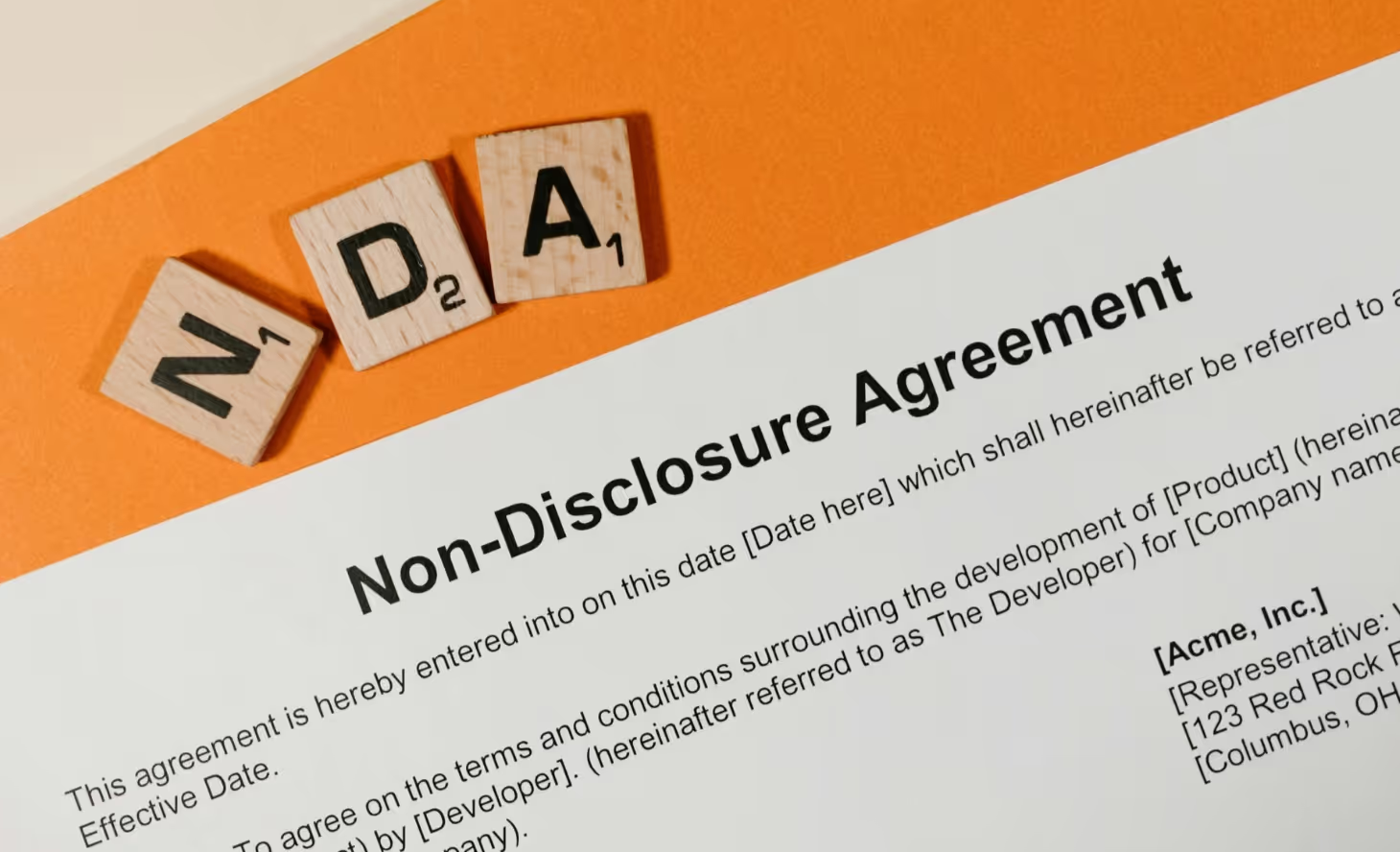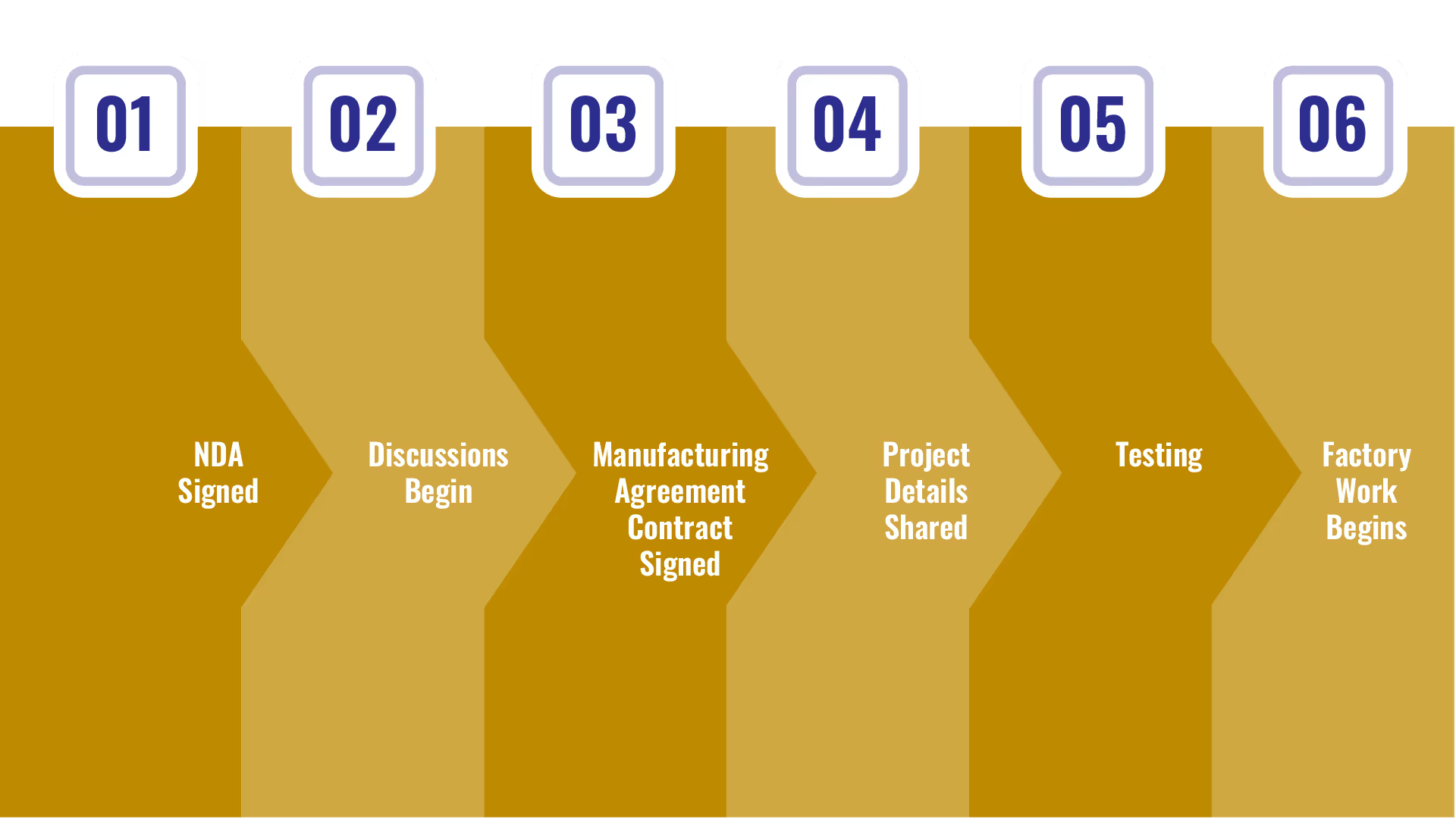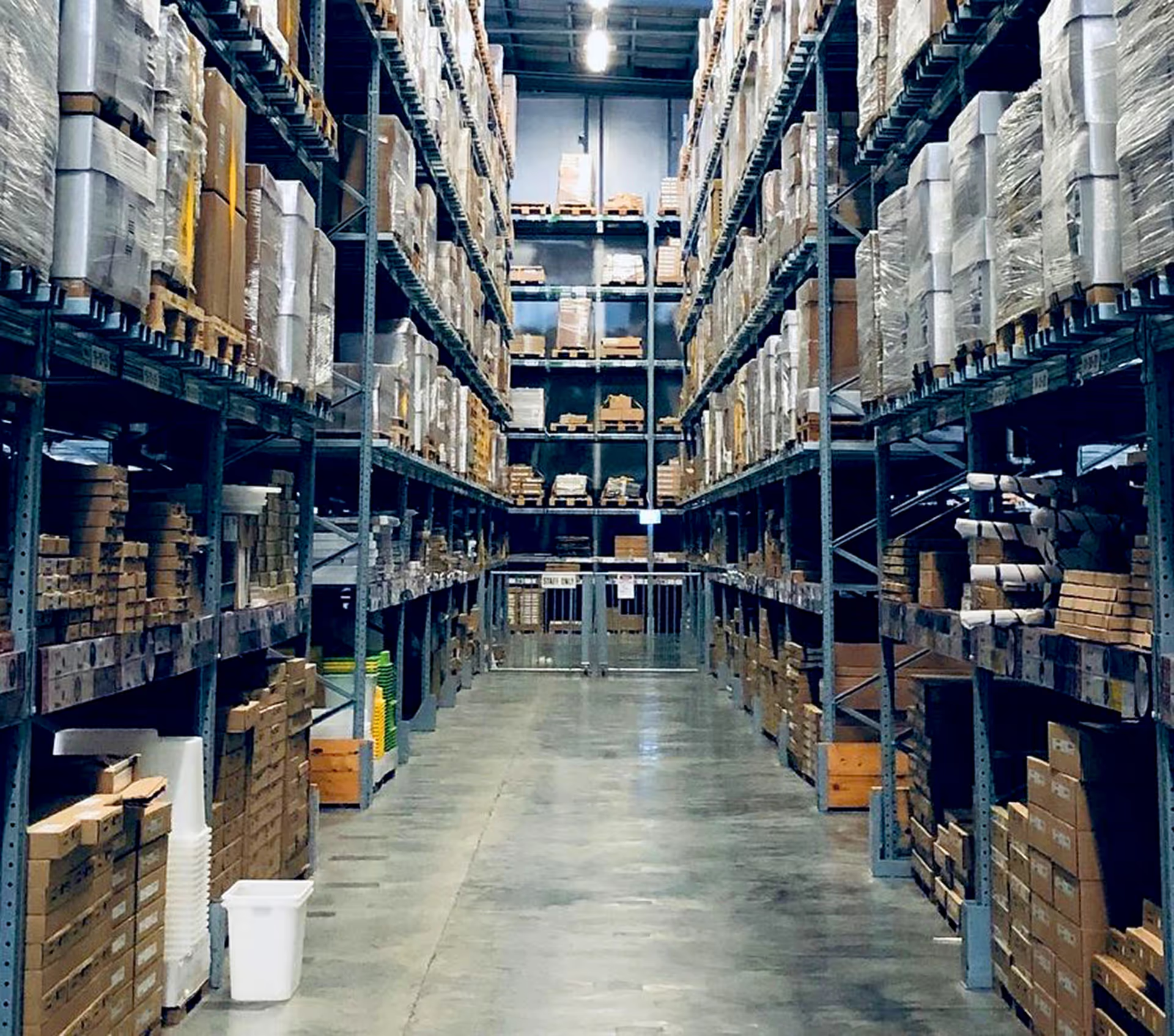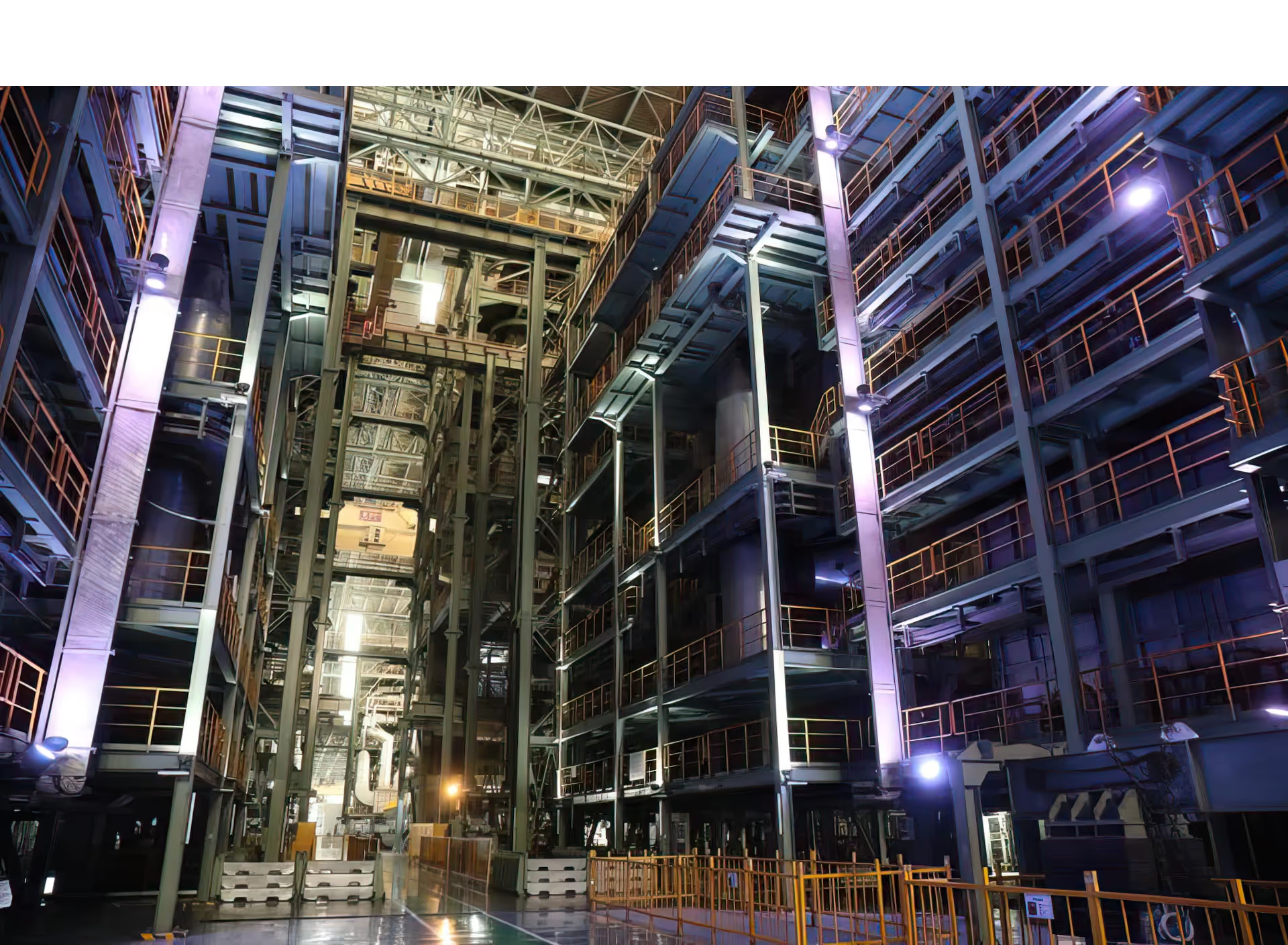Understanding the Importance of Manufacturing Agreements
When dealing with manufacturers, especially in international markets like China, e-commerce brands and dropshippers must carefully consider their agreements. These contracts serve as safeguards against potential issues such as intellectual property theft, quality control failures, or disputes over payment terms. Without proper documentation, businesses expose themselves to financial and operational risks that could severely impact their bottom line.
Common Manufacturing Agreements: IQ Release Forms, NDAs, and Master Services Agreements
Before launching a new product, businesses must enter into various agreements to ensure protection and clarity between all parties involved.

IQ Release Forms (Brand Authorization Forms)
Manufacturers often require an IQ Release Form before producing branded products. This document legally authorizes them to use your trademarked logo and branding on the goods they create. Without this authorization, shipments may face customs clearance issues. Although signing such an agreement might seem risky, it is standard industry practice that limits the manufacturer’s liability.
To protect your brand, consider the following:
- Ensure the document is specific about which products can be manufactured under your brand name.
- Negotiate clauses that restrict the manufacturer from selling your branded goods to third parties.
- Set clear limitations on the use of your intellectual property beyond the production agreement.
Non-Disclosure Agreements (NDAs)

NDAs protect proprietary designs, technology, or processes from being shared with competitors. When dealing with a new manufacturer, it is crucial to establish an NDA to ensure confidentiality.
An effective NDA should include:
- A detailed definition of what constitutes confidential information.
- A non-compete clause restricting the manufacturer from using your designs to produce similar products.
- Legal repercussions for breaching the agreement.
Master Services Agreements (MSAs)
An MSA outlines long-term business commitments and expectations between a business and a manufacturer. This type of agreement ensures stability and reduces the need for repeated contract negotiations.
Key elements of an MSA include:
- Payment Terms: Establish clear guidelines for deposits, milestone payments, and final balances.
- Quality Standards: Define acceptable quality thresholds and inspection requirements.
- Raw Material Sourcing: Determine whether the business or the manufacturer is responsible for procurement.
- Intellectual Property Protection: Clearly state who owns product designs, molds, and other proprietary elements.
Manufacturing Agreements (Quality, Payment, Lead Times)

Quality Control Standards
Quality issues can be one of the biggest risks when working with manufacturers. Establishing detailed quality control agreements helps prevent defective goods from reaching customers.
Quality control agreements should cover:
- Inspection procedures at different production stages.
- Defect tolerances and permissible variation thresholds.
- Remediation actions such as refunds, rework requirements, or penalties.
Payment Terms
Clear payment terms prevent financial disputes and ensure a smooth cash flow process. Businesses should define how and when payments will be made, reducing the likelihood of delayed shipments or disagreements over fees.
Standard payment structures include:
- Initial deposits before production starts.
- Milestone-based payments tied to production completion.
- Final payments after inspection and prior to shipment.
Lead Times
Delays in production can significantly impact inventory planning and sales. Manufacturing agreements should set clear expectations regarding lead times.
Businesses should establish:
- Timelines for prototype development and approvals.
- Production schedules with buffer time for quality inspections.
- Shipment deadlines and logistics coordination.
Specialized Agreements
Skin Care Production Waivers
Skincare manufacturers often require production waivers when brands want to speed up the manufacturing process. These waivers allow production to begin before all necessary testing is completed.
Signing a production waiver means:
- The brand assumes responsibility for potential product issues.
- The manufacturer is not liable for any adverse reactions or regulatory problems.
- Fast-tracked production at the cost of increased business risk.
Liability Waivers

Many manufacturers require liability waivers to transfer responsibility for product safety onto the brand. This is common in industries like skincare, supplements, and electronics.
Understanding liability waivers is essential, as they can affect:
- Legal accountability in the case of defective products.
- Regulatory compliance obligations.
- Customer refund or recall responsibilities.
Final Considerations
Manufacturing agreements are essential to protecting businesses from potential risks. Carefully structuring contracts helps brands maintain control over production, quality, and finances while avoiding legal pitfalls.
Key takeaways include:
- Ensure all agreements clearly define obligations and expectations.
- Negotiate favorable terms to protect your brand’s interests.
- Consult a legal expert to review all contracts before signing.
By carefully managing manufacturing agreements, businesses can build strong relationships with suppliers while minimizing operational risks.

.jpg)



.png)




